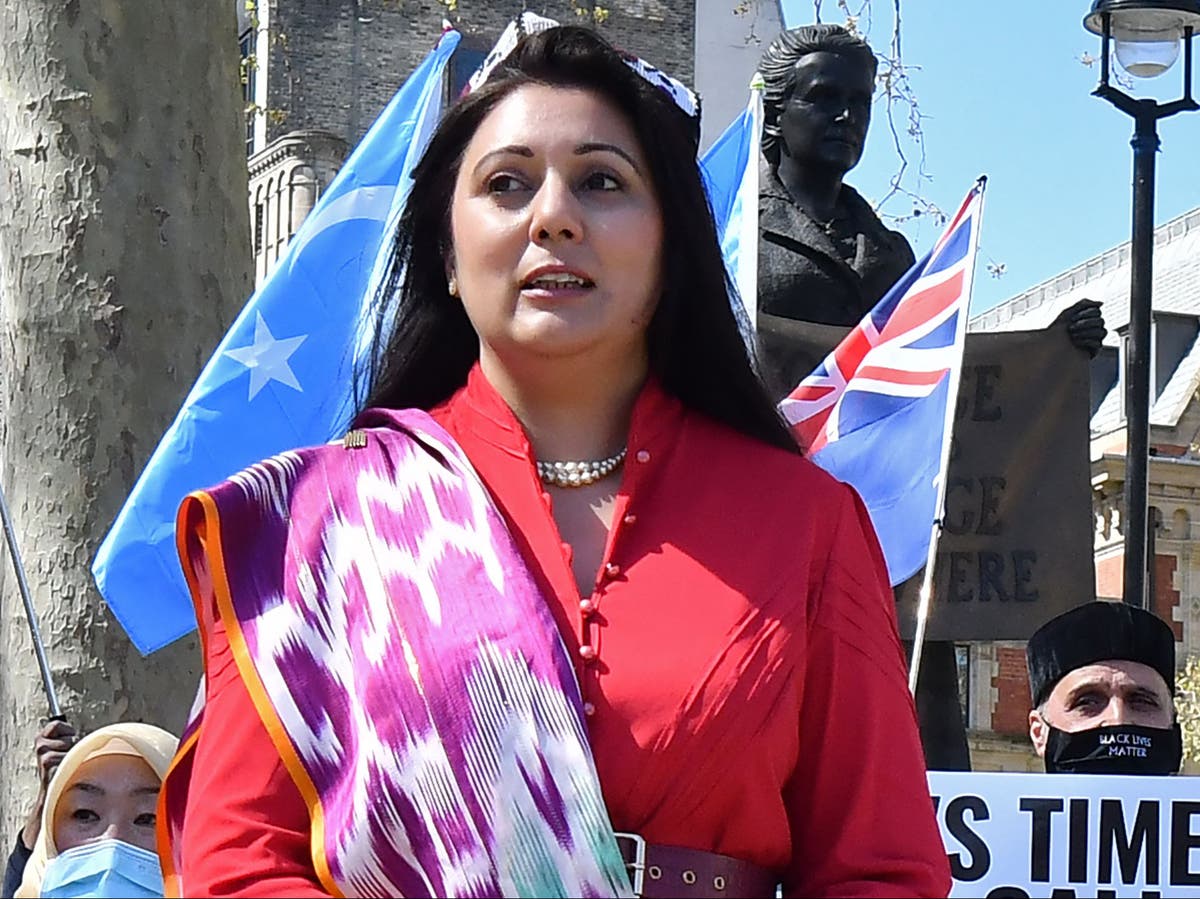
Conservative MP Nusrat Ghani’s claim that her “Muslimness” was a factor in her dismissal from her post as transport minister has resulted in the prime minister ordering an inquiry. In response to the claim that her faith was “raised as an issue” when she lost her post, the chief whip, Mark Spencer, has acknowledged that the comments were referring to him, and denied they are true.
The allegations and subsequent inquiry come at a pivotal time for the Conservative Party, as Boris Johnson faces scrutiny over breaking Covid rules by attending parties during lockdown. Yet it is my opinion that this incident cannot be considered in isolation, and must be seen as part of the context of deep Islamophobia that is prevalent in the party.
A YouGov poll conducted in July 2020 for the advocacy group Hope Not Hate found that 47 per cent of Conservative Party members believed that Islam was “a threat to the British way of life” – and 58 per cent held the untrue belief that “there are no-go areas in Britain where Sharia law dominates and non-Muslims cannot enter”. Unsurprisingly, 79 per cent of members also denied there was a problem with Islamophobia in the Conservative Party.
While the latest inquiry is welcome, there is little evidence to suggest that it will deal with the issue of Tory Islamophobia. In 2019, 15 Conservative councillors suspended over posting racist and Islamophobic content online were quietly reinstated. Boris Johnson referred to Muslim women in a newspaper column as letter boxes and bank robbers.
Cases of Islamophobia in politics alienate Muslims and reflect wider issues of prejudice in our society. While the YouGov poll found that Tory party members’ attitudes were far worse than those of the general public, Islamophobic views are still widely held. In fact, some 30 per cent of public participants in the same poll thought Islam was a threat to the British way of life – and 37 per cent held the same irrational belief about “no-go Muslim areas”.
The Muslim Council of Britain, the UK’s largest national Muslim umbrella organisation, published findings in 2019 revealing how anti-Muslim attitudes lead to increased attacks on Muslims, and even affect their chances in the job market.
As a Muslim man, seeing this news is hardly surprising, and like Ghani, I understand what it means for my “Muslimness” to be seen as an impediment to success. I have felt the pressure to look “less Muslim” by having a shorter beard or speaking with a “better accent” to be more accepted or seen as more employable. You are three times more likely to get an interview with an English-sounding name than you are with a Muslim-sounding one, according to research.
Muslims are often perceived as potential threats and monitored under the Prevent strategy, the government’s controversial counter-radicalisation program, and Tory Islamophobia reflects this.
Under this policy, Muslim identity markers – such as growing a beard or wearing the Hijab – are seen as potential signs of Islamist radicalisation. Therefore even the way we dress as Muslims is something we have to think about constantly. Any expression of religious identity can be seen as a sign of radicalisation. In June 2021, an 11-year-old boy was referred to Prevent after a teacher mistook the word “alms” for “arms”, when he said he would give alms to the poor.
To keep up to speed with all the latest opinions and comment, sign up to our free weekly Voices Dispatches newsletter by clicking here
Given that expressions of Muslim identity – or interest in political issues affecting Muslims – can lead to suspicions about Muslims, it is no surprise that Ghani’s “Muslimness” was allegedly an issue for the Conservative Party.
It is also no surprise that Conservative MP Michael Fabricant considers Ghani’s claim of Islamophobia a “lame” excuse, and an attempt to get Boris Johnson to resign. Muslims often experience gaslighting when they raise concerns about Islamophobia, which allows this prejudice to fester and makes Muslims feel unheard.
We are often told we are victimising ourselves when we raise Islamophobia as an issue. It makes us feel that our voices don’t matter, and that Islamophobia will always be a permanent part of politics and society.
The Islamophobia prevalent in the Conservative Party, including this latest incident, demonstrates how little the party represents the interests of Muslims. Muslim loyalty is questioned every day, while Muslims continue to contribute to British society just like everyone else.
During the pandemic, British mosques became makeshift hospitals and set up food banks to help the needy. While charitable acts carried out by Muslim communities remain underrepresented in the media, Islamophobic sentiments continue to be accepted.
Nusrat Ghani’s bravery in speaking out about Islamophobia will hopefully inspire other Muslims to do the same, and should make us all open our eyes to the problem.








